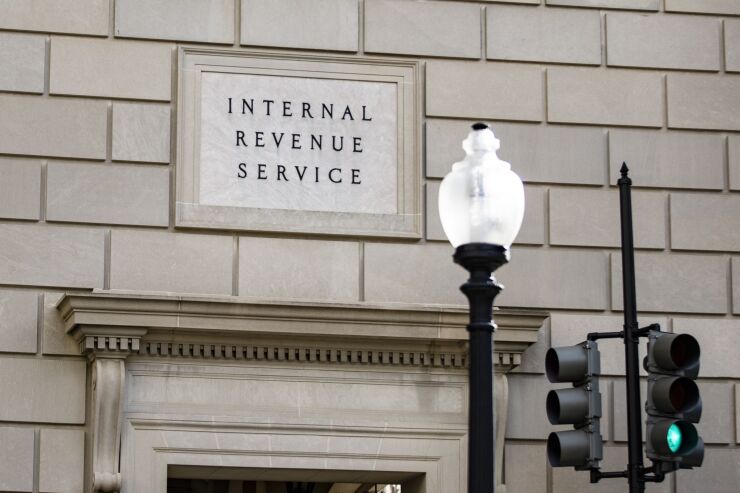The Internal Revenue Service's Independent Office of Appeals hopes to improve both taxpayer service and the experience of its workforce next year.
The Appeals office posted a
Now the increased funding from last year's Inflation Reduction Act is giving the Appeals office more money and a set of strategic priorities that include improving taxpayer service and modernizing the agency's antiquated technology, along with enhancing employee engagement as the IRS faces a wave of retirements and the need to recruit replacements.
"Investing in our workforce is one of our top priorities," wrote IRS Appeals chief Andy Keyso and deputy chief Liz Askey in the two-page document. "Building an engaged and collaborative team of properly equipped personnel is the key to how we'll meet our mission to America's taxpayers. We're excited about our robust recruiting efforts to attract strong candidates to Appeals and new streamlined hiring procedures that allow us to hire more quickly than in the past. We're starting the year strong, and we thank all of you who have raised your hand to serve as recruiters, on-the-job instructors, mentors and trainers for these new hires. Your efforts are critical to developing our well-equipped and high-performing workforce."

In addition to expanding the workforce, the Appeals office plans to focus on the experience of its existing workforce, asking for input on the "employee experience" in Appeals and what more can be done to provide opportunities for employee engagement and development, as well as recruitment and retention.
The Appeals office hosted a series of "Art of the Conference" training sessions this past year for employees who work with taxpayers to remind employees to give taxpayers the opportunity to be heard, to operate with a high degree of professionalism, and to apply the law impartially. The office also kicked off fiscal year 2024 with a "Practitioner Perspectives" panel discussion to discuss the hazards of litigation. It plans to continue these programs so taxpayer interactions with the Appeals office can be a more positive and productive experience.
Initiatives include promoting digital platforms to improve how taxpayers communicate with the Appeals function, promoting paperless processes and other modernization efforts, helping taxpayers achieve tax certainty earlier in the dispute resolution process, expanding access to in-person conferences and promoting
"Appeals' participation in IRS transformation and modernization efforts is critical to effectively and efficiently serving taxpayers," said Askey in a statement Friday. "By leveraging technology, we can reduce cycle time and improve both the taxpayer and employee experience."
In accordance with the IRS's
At its Practitioner Perspective series this past year, tax practitioners offered insights alongside Appeals employees on panels. Recordings of the
The Appeals office is focusing on resolving cases at the earliest stage possible. In fiscal year 2023, the IRS asked for public input to improve the
"The IRS is focused on transforming the agency to resolve taxpayer disputes with legal certainty at the earliest possible stage," said Keyso in a statement. "We're looking forward to restructuring the alternative dispute resolution process this year to help achieve that objective, and we look forward to continuing to provide taxpayers an impartial administrative forum for resolving tax disputes without litigation."





